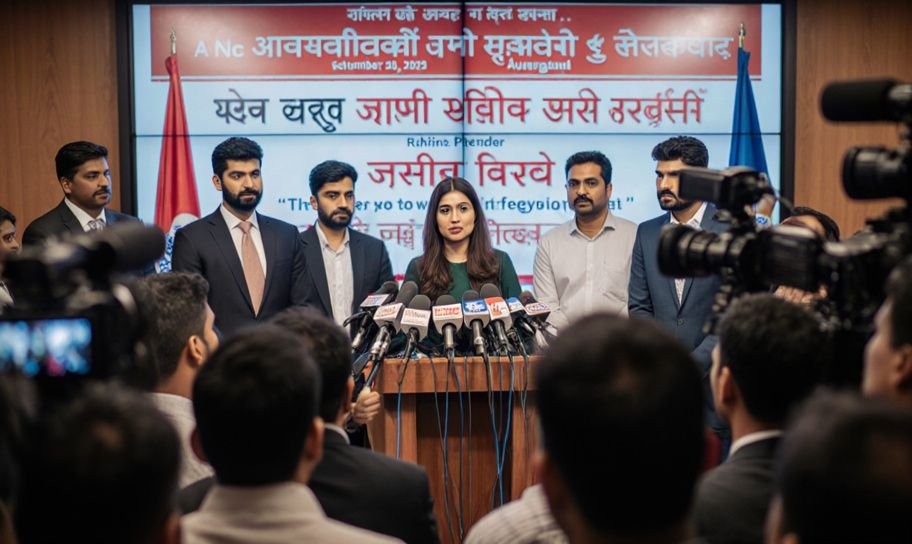
Quick Summary: A defamation case filed by Sameer Gulamnabi Kazi against Ruhinaz Shakil Shaikh and others will continue in the Bombay High Court. The court decided that Kazi didn't need special permission to file the case in Mumbai, even though the alleged harmful actions happened somewhere else.
Sameer Gulamnabi Kazi, the leader of the Maharashtra State Board of Waqf, has filed a defamation case against Ruhinaz Shakil Shaikh and others. Kazi claims that harmful content about him was shared on social media and through a press conference held by the defendants, which allegedly hurt his reputation.
Kazi says that on September 20, 2025, Ruhinaz Shaikh held a press conference in Aurangabad, making harmful statements about him. These statements were then widely shared on social media platforms like Facebook, Instagram, and X (formerly Twitter), as well as on YouTube and TV channels.
"The harmful content has been seen worldwide, including in Mumbai, where my reputation has been damaged," Kazi stated.
The main issue was whether the Bombay High Court could hear the case without Kazi getting special permission under a specific rule. The defendants argued that since the alleged harmful actions started in Pune and Aurangabad, the case should not be heard in Mumbai.
Judge Sandeep V. Marne decided that Kazi could file the case in Mumbai because the harmful content was accessible there, affecting his reputation locally. The court highlighted that the law allows cases for damages to be filed where the impact of the wrong is felt.
"The place where the harm is experienced determines where the case can be heard, not just where it started," the judge explained.
This decision makes it clear that defamation cases can be filed in places where the person's reputation is affected, even if the harmful actions happened elsewhere. The ruling stresses the importance of where the impact of the defamation is felt, rather than just where it began.
The court has scheduled more hearings and extended the temporary order against the defendants until November 3, 2025. Kazi is allowed to change his complaint and remove some defendants from the case.
This case shows the challenges of deciding where defamation cases should be heard, especially in the digital age where content spreads quickly across different areas.